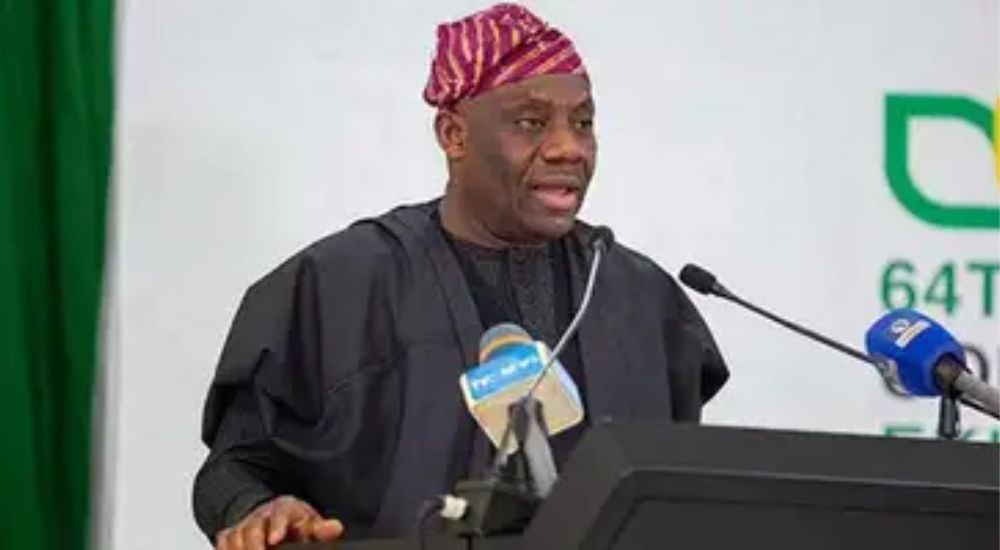By Muhammad Amaan
Nigeria’s Minister of Education, Dr Tunji Alausa, has reiterated the Federal Government’s commitment to partnering with the European Union (EU) and the United Nations Educational, Scientific and Cultural Organisation (UNESCO) to strengthen Nigeria’s education system.
Alausa, represented by the Minister of State for Education, Prof. Suwaiba Ahmad, stated this on Thursday in Abuja at the inauguration of the National Project Steering Committee of the EU-UNESCO project.
The project, titled “Expand, Integrate and Strengthen Systems (EISS)”, focuses on building teachers’ capacity and resilience under its 2024–2025 phase. It forms the second phase of the EU’s programme on Education and Youth Empowerment in Nigeria.
According to the minister, the EU and UNESCO are providing technical and financial support to the Federal Ministry of Education and its agencies for the implementation of the project.
“This second phase focuses on building the capacity and resilience of teachers across Nigeria,” Alausa said. “For us, this project is a major step forward.
“We sincerely thank the EU for leading this initiative, and we deeply appreciate UNESCO for its continuous support to Nigeria, especially in helping us build a stronger and safer nation.”
He added that the project would be implemented in six states; Adamawa, Bayelsa, Enugu, Katsina, Oyo, and Plateau, selected from each geo-political zone by the EU delegation in Nigeria.
“The project aligns with the Federal Ministry of Education’s National Education System. Together, we are working to strengthen the system and give our teachers the tools they need to succeed,” he said.
In his remarks, the Head of Delegation of EU Ambassadors to Nigeria and ECOWAS, Mr Gautier Mignot, said the project was part of the EU’s broader support for advancing education across Africa.
“This forms part of the EU’s wide support to the digital and education sectors at both continental and national levels,” Mignot said.
“As we look at the condition of our teachers in this country, this initiative is strategic for Nigeria’s development. “We are fully aware of the sensitivities around career progression, training, and the economic welfare of teachers. These aspects cannot be neglected if we want our youth to drive national development.”
Similarly, the Acting Head of Office and Representative of UNESCO in Abuja, Dr Jean-Paul Abiaga, said nation-building begins with education, which starts in the classroom.
He said the project seeks to empower teachers and strengthen education systems to ensure sustainability.
“We aim to train thousands of teachers, enhance digital pedagogy and ICT integration, and establish 700 collaborative teacher learning teams to promote peer learning and professional growth,” Abiaga said.
“Our ultimate goal is to empower Nigeria’s young people not only to learn but also to thrive, lead, and transform their communities.”
He said the initiative reaffirms the central role of teachers under the Nigeria Education Sector Renewal Initiative (NESRI) and contributes to achieving its key outcomes.
Dr Abiaga noted that while progress had been made, more work remained to be done to ensure lasting systemic change in the sector.
The meeting featured presentations on the progress of project implementation, review of the year-two work plan, and inauguration of the project by education commissioners.




